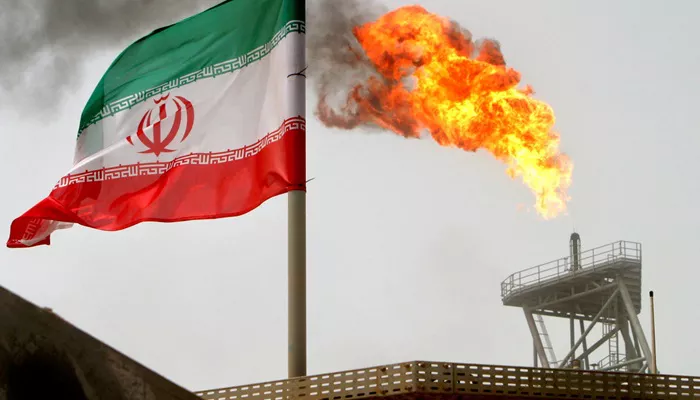The U.S. Treasury is intensifying its efforts to cut off Iran’s oil exports, launching a series of new sanctions aimed at crippling its revenue sources. This escalation includes targeting a Chinese refinery and ramping up the crackdown on Iran’s “shadow fleet,” a network of tankers used to bypass international sanctions.
The U.S. Treasury’s actions are part of an ongoing “maximum pressure” campaign. Treasury Secretary Scott Bessent has stated that the U.S. aims to drive Iran’s energy exports down to zero. This bold move follows an earlier round of sanctions aimed at smaller Chinese refineries, showing a clear intent to increase pressure on Tehran.
The latest sanctions hit a Chinese “teapot” refinery in Shandong province, accused of purchasing over $1 billion in Iranian crude. U.S. officials say that the profits from these transactions help fund the Iranian government and its support for militant groups in the region.
In addition to targeting refineries, the U.S. is tightening its focus on Iran’s shadow fleet. This network of unregulated tankers plays a critical role in transporting sanctioned oil, and the U.S. has imposed sanctions on more companies and vessels involved in this trade. The Treasury has also provided new guidance to the private sector to help detect and prevent the evasion of sanctions.
These sanctions coincide with the resumption of indirect nuclear talks between the U.S. and Iran in Rome, suggesting the U.S. is using economic pressure as leverage in the negotiations. Treasury Secretary Bessent has emphasized that while talks may continue, the U.S. will continue to tighten sanctions until Iran changes its policies.
China has strongly criticized the U.S. sanctions, calling them an unwarranted suppression of Chinese companies. A Chinese embassy spokesperson in Washington warned that China would take necessary steps to protect its interests. This highlights the challenges the U.S. faces in enforcing sanctions, especially when they affect major global players like China, which is Iran’s largest oil importer.
The U.S. goal of reducing Iran’s oil exports to zero is ambitious, and whether it can be achieved remains uncertain. However, the U.S. is clearly committed to intensifying economic pressure on Iran. This approach is likely to lead to a more stringent enforcement environment, increasing risks in global energy markets.
Related Topics:
Representatives from 30 Countries to Attend Iran’s Oil Event
Oil Prices Fall Amid Trade Tensions and Demand Concerns
Oil Prices Rise Amid US Tariff Exemptions, OPEC Output Cuts, and US-Iran Talks

